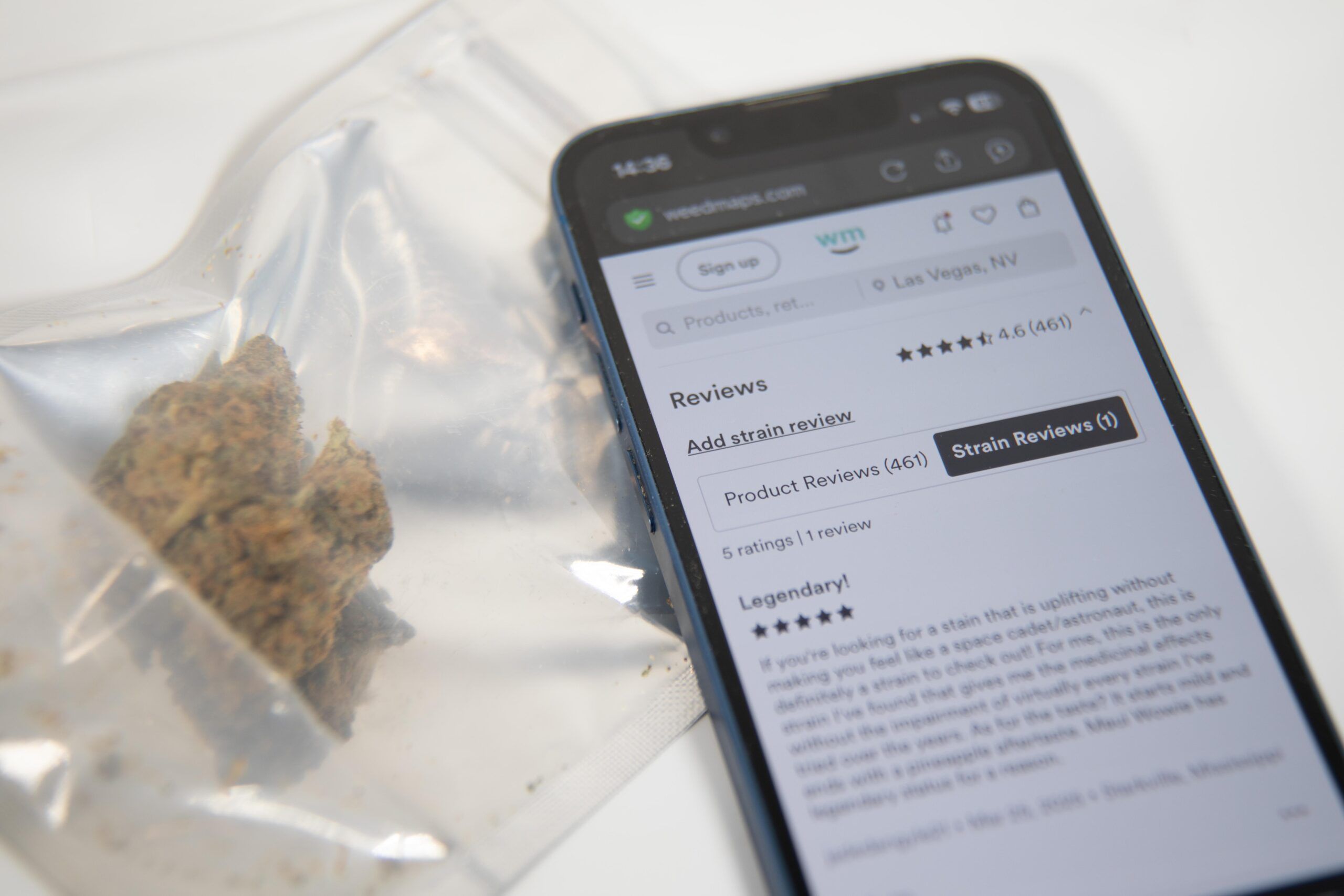In today’s competitive cannabis market, product reviews and ratings hold serious weight. As more consumers in legalized states turn to cannabis for both wellness and recreation, they rely heavily on online feedback to make purchasing decisions. But the real question remains—how reliable are these reviews, and what should consumers be watching out for?
For a growing number of cannabis users, reviews serve as a form of digital word-of-mouth. From Reddit threads to Leafly, Weedmaps, and dispensary websites, reviews are often the first stop before trying a new strain, edible, vape pen, or topical. As one cannabis lifestyle blogger in Tampa Bay put it, “Customer experiences can make or break your decision when you’re staring at two eighths of flower with the same THC percentage but wildly different comments.”
The importance of these ratings lies in the industry’s complex nature. Unlike alcohol or pharmaceuticals, cannabis products vary significantly in potency, effects, terpene profiles, and even labeling accuracy. According to a 2021 Journal of Cannabis Research study, product variability and inconsistencies in labeling often leave consumers relying more on peer reviews than formal testing to assess quality and expected results.
However, not all reviews are created equal. Some users post overly enthusiastic or critical reviews based on subjective experiences that may not translate universally. What leaves one user relaxed might cause anxiety in another, depending on individual tolerance and biochemistry. On top of that, fake reviews—both positive and negative—are a growing concern. Businesses sometimes attempt to inflate their product reputation with bots or incentivized reviews, a tactic long seen in other e-commerce sectors.
Sites like Leafly and Weedmaps have introduced verified review systems, only allowing feedback from users who have purchased a product through their platform. This step helps increase authenticity, but it’s not foolproof. Even verified customers might misunderstand what they’re consuming if a product’s label or testing results aren’t accurate, which is an issue the industry still battles with due to inconsistent regulations across state lines.
Cannabis lifestyle journalists advise readers to look beyond just star ratings. Reading through the full body of a review—where users describe the smell, taste, effects, and overall experience—provides more meaningful insight. Cross-checking ratings across multiple platforms can also help paint a clearer picture. Experienced reviewers typically offer more detailed feedback, referencing terpene content, dosage consistency, and context of use (e.g., daytime vs. nighttime).
In the end, while online cannabis reviews can be a helpful guide, they shouldn’t be treated as gospel. Consumers are encouraged to combine online feedback with personal experimentation in a responsible manner. As the cannabis industry matures and regulatory standards improve, the reliability of reviews and labelling will likely improve too. Until then, a mix of trusted sources, research, and personal experience remains the most balanced approach to navigating cannabis purchases.

